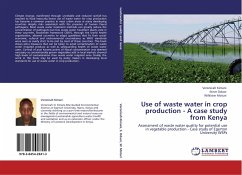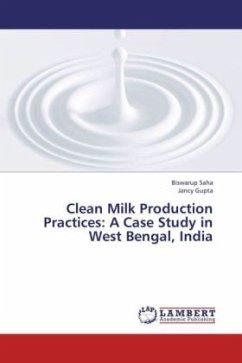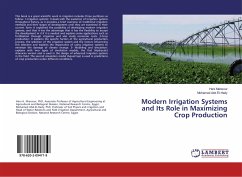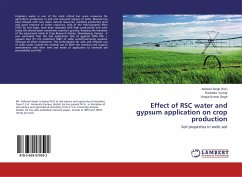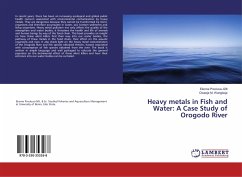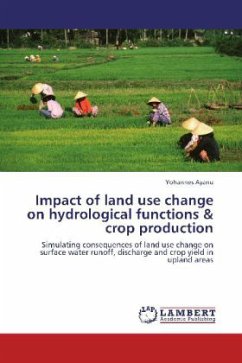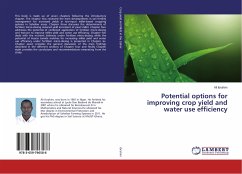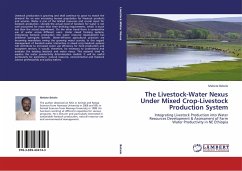Climate change, manifested through unreliable and reduced rainfall has resulted to food insecurity hence use of waste water for crop production has become a common practice in most urban areas in many developing countries despite risks associated with the presence of human faecal pathogens. Most waste water treatment methods can greatly reduce the concentration of pathogens but few waste water treatment plants exist in these countries. Stockholm framework (2001), through the world health organization, allowed countries to adapt guidelines that fit their social-economic, cultural and environmental circumstance as WHO standards were seen as overly strict to be met by most of these countries. This book shows extra measures that can be taken to avoid contamination of waste water irrigated produce as well as safeguarding health of waste water users. Control of post harvest points of feacal contamination was deemed necessary as conventionally grown vegetables sold in local markets showed high levels of contamination than waste water irrigated ones. Finally, the work in this book may be used by policy makers in developing local standards for use of waste water in crop production.
Bitte wählen Sie Ihr Anliegen aus.
Rechnungen
Retourenschein anfordern
Bestellstatus
Storno

